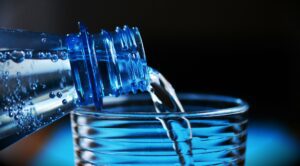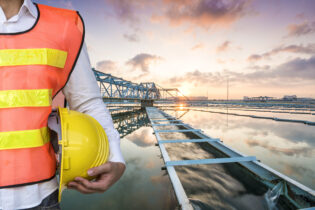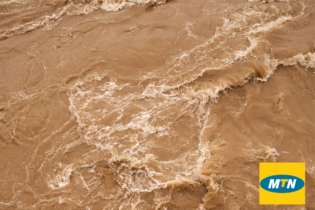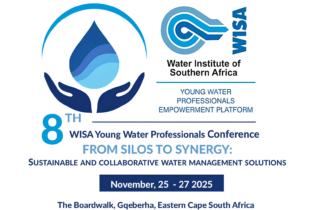Experts have warned just how bad of an impact the country’s shortage of liquid gas chlorine supply could have if it were to escalate.
This comes after the Department of Water and Sanitation (DWS) sounded the alarm that the country’s main supplier of chlorine gas for water purification purposes, located in Kempton Park, Gauteng, had experienced severe supply disruptions. DWS said if this shortage escalated, the liquid gas chlorine shortages would possibly affect the treatment of potable water and effluent water managed by water services authorities, metros, and water boards. In the meantime, the City of Cape Town notified its residents earlier about the matter as liquid gas chlorine is used by water boards and large municipalities to treat water to drinking standards. “The factory is now operating again, but it will take time to build up stock reserves as there is pent-up demand from water boards and municipalities,” said the City in a statement.DWS spokesperson Sputnik Ratau said although the department had no intention of speaking on behalf of the chlorine gas supplier, it believed the supplier would do everything in its power to ensure that water supply and effluent water treatment were not negatively impacted by the shortages.
Ratau said they had not received any reports that water boards were experiencing shortages of chlorine in their operations. “As the department we hope that water boards, metros and WSAs have spare supplies that will last them until shortages subside. The latest report from the supply company indicates that production is stable at 80%.” The DWS, through its provincial offices, said they would continue to track daily reports across the country to determine how the shortages were affecting the WSAs, metros and water boards, if at all.






